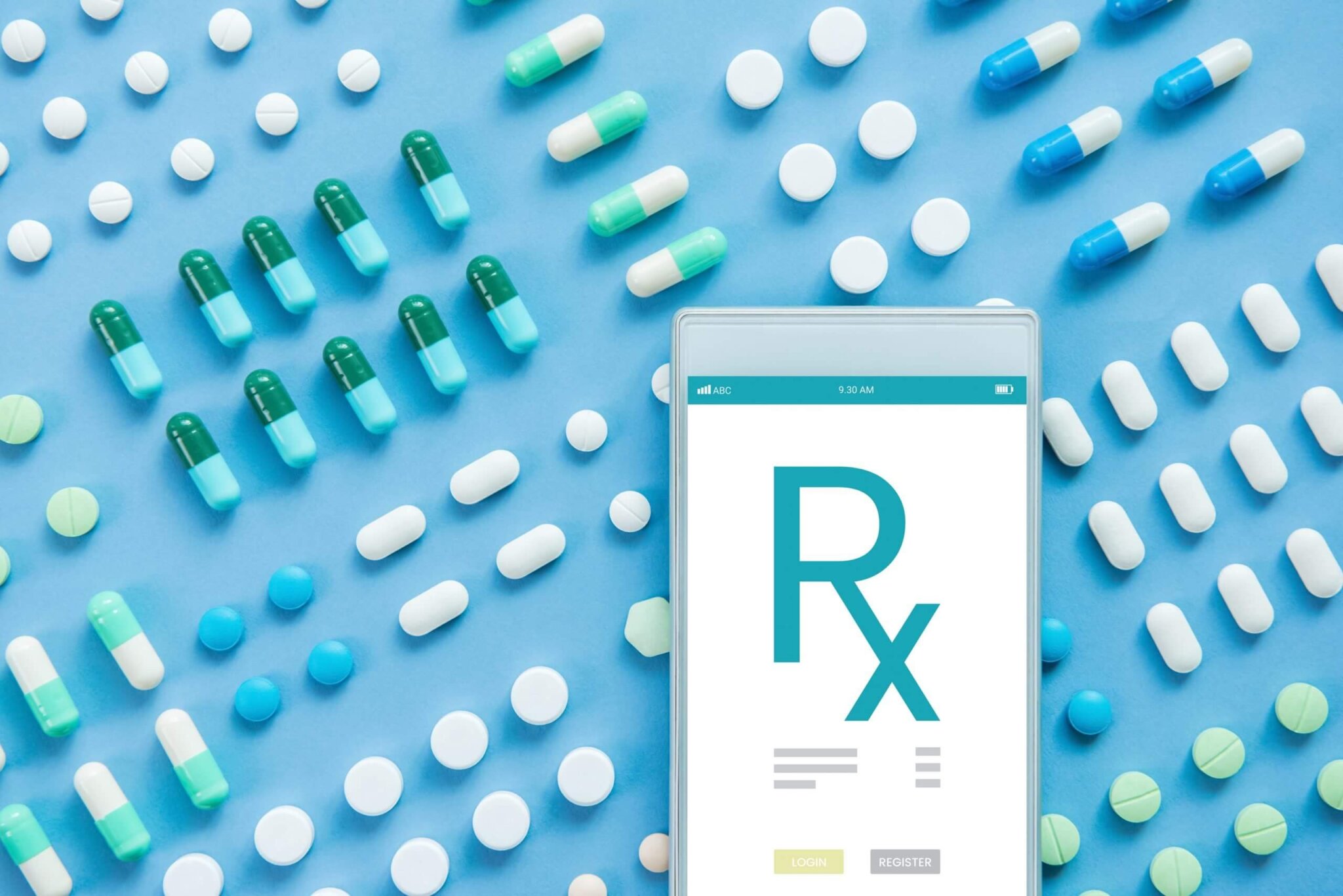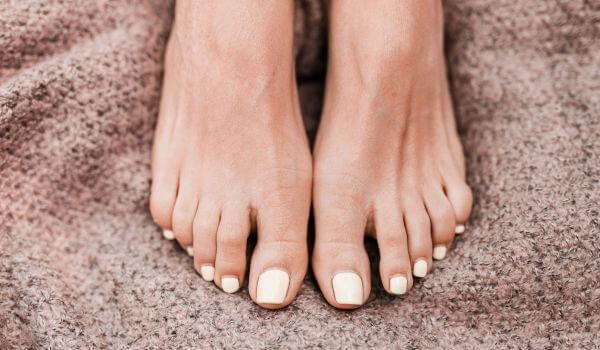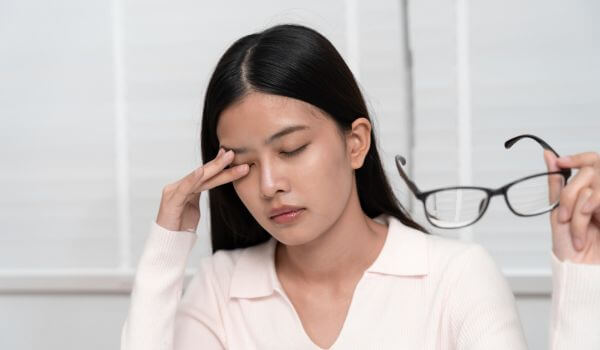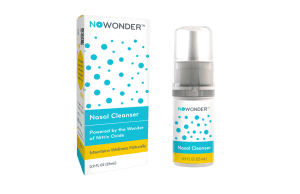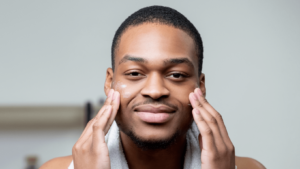 When other treatments are not producing satisfactory results for people suffering from one of the more severe forms of acne, either cystic or nodular acne, dermatologists can prescribe a more advanced medication known as Accutane or Roaccutane. It belongs to a group of medications called retinoids, which are modified forms of vitamin A.
When other treatments are not producing satisfactory results for people suffering from one of the more severe forms of acne, either cystic or nodular acne, dermatologists can prescribe a more advanced medication known as Accutane or Roaccutane. It belongs to a group of medications called retinoids, which are modified forms of vitamin A.
Treating severe acne with Accutane/Roaccutane (isotretinoin)
According to the DermatoEndrocrinology journal, “isotretinoin remains the most efficacious treatment for severe acne as well as many cases of more moderate disease that are unresponsive to other treatment….Most patients who receive oral isotretinoin will be free of acne by the end of four to six months of treatment, depending on the dose administered.”
While most adults have gone through a period when puberty brought hormonal changes that caused a breakout of facial acne, for the majority it cleared up either on its own or could be managed with relatively gentle medications. However, for between about two to five percent of other people, there are more persistent and severe forms of acne.
Cystic acne and nodular acne are the most severe forms of acne. They can be confused with one another since they both form deep underneath the skin’s surface. They share a common cause: when a bacteria called cutibacterium acnes (C. acnes which is a Gram-positive bacterium that colonizes human skin, residing mainly in the sebum-rich areas) becomes trapped under the skin in nodules, and leads to infection and inflammation.
The distinguishing characteristics between cysts and nodules are:
- Cysts reside deep beneath the skin’s surface, appearing as oversized, red boils on the surface. They are filled with pus and sometimes burst open, leading to broader infection. The cysts develop when the contents of lower-level acne nodes (comedones – ordinarily called blackheads or whiteheads) spread out into the surrounding areas of the skin. The body’s automatic immune reaction to the infection floods the location with white blood cells, accumulating pus.
- Nodules are intact infections deep under the skin, that don’t look like common pimples or blackheads (they don’t have a ‘head’ and may be skin toned), and are typically painful to the touch. The nodules can persist for weeks or even months, with the result that the contents can harden into deep and stubborn inflamed infections.
For both nodules and cysts in severe forms of acne lack of treatment in good time may result in permanent and severe scarring. The routine procedures are to try lower-level interventions with over-the-counter ointments that aim to clear the skin of excess oil, or oral antibiotics to fight the infections once they have set in. However, where the more severe and persistent forms of infections have not responded, fortunately, Accutane is an advanced treatment option that is the first choice for dermatologists and other healthcare providers.
Off-label use of Accutane/Roaccutane
Drugs such as Accutane are frequently found to be effective in treating conditions other than what they have been approved for. As we have explained here, off-label use is a widespread and effective method of expanding the range of possible treatments.
Accutane (isotretinoin) is an oral retinoid that is sometimes used in place of Soriatane to treat psoriasis.
According to researchgate.net, other off-label uses in treating skin conditions are for seborrhea, seborrheic dermatitis, severe rosacea, non-melanoma skin cancers, and multiple actinic keratoses.
Contraindications and conflicts
Doctors prescribe Accutane when the expected benefits outweigh the possible risks. The prescribing physician will have ensured that there are no possible contraindications where treatment with Accutane could be inadvisable because of other conditions or due to possible interactions with other medications. Therefore, it is essential to inform the prescribing physician of all relevant information and follow the prescription instructions carefully. Amongst others, the following conflicts need special evaluation:
Potential conflicts:
- Vitamins and other supplements containing vitamin A
- Consumption of alcohol and marijuana
- Use of benzoyl peroxide, salicylic acid and other more common medications for acne
- Anti-epileptic (seizure) medications
- Xenical (orlistat) weight-loss medication
- Medications that promote ultra-violet sensitivity
- Progestin-only birth control hormones such as Prometrium
- Steroid medications like Lotrisone
- Tetracycline antibiotics like Vibramycin (doxycycline) and Minocin (minocycline)
- Warfarin
Side effects from Accutane/Reaccutane
Like all prescribed medications, there may be side effects. Some side effects indicate serious potential hazards and require immediate resolution. In any such instance, it is essential to report such effects to the prescribing doctor or the personal physician as soon as possible.
What side effects may I notice from receiving this medication?
Side effects that should be reported as soon as possible include:
- Allergic reactions, like skin rashes; itching; hives; swelling of the face, lips, tongue, or throat
- Changes in vision, such as blurry vision or seeing halos around lights
- Ringing in the ears
- Dryness or irritation of the lips, mouth, eyes, or nose
- Joint or muscle pain
Other side effects require immediate attention:
- A severe headache; reduced vision; nausea and vomiting may indicate increased pressure inside the skull affecting the brain
- Pain in the upper right area of the abdomen; loss of appetite; light-colored stools; dark yellow or brown urine; yellowing of the skin or eyes; weakness or fatigue may indicate liver failure
- Anxiety; nervousness; confusion; hallucinations; irritability; hostility, thoughts of suicide or self-harm; worsening depression
- Severe stomach pain spreading around to the back increasing eating or when touched; fever; nausea; vomiting may indicate pancreatitis
- Stomach pain; rectal bleeding; severe diarrhea
Special restrictions and conditions when taking Accutane/Roaccutane
The US FDA mandates that patients planning to be treated with isotretinoin must enroll in the iPLEDGE pregnancy prevention program, which requires women of childbearing potential to either use both a primary and secondary method of contraception simultaneously or to commit to continuous abstinence during therapy.
Acceptable forms of primary contraception include one of the following:
- A subdermal hormonal implant
- Permanent male sterilization via surgical vasectomy
- Permanent female sterilization (salpingectomy) or tubal ligation
- A hormonal or non-hormonal intrauterine device (IUD)
- A depot medroxyprogesterone (DMPA) injection
- A hormonal contraceptive pill, patch, or ring.
Acceptable forms of secondary contraception include:
- Barrier methods (i.e., male latex condom, diaphragm, cervical cap)
- A vaginal sponge
- Progestin-only contraceptive pills
A special guide will be included with each prescription and refill. It is essential to read this information carefully each time.
FAQ
Is isotretinoin connected to rectal bleeding?
Dry skin is a known adverse reaction of isotretinoin. There have been a very small number of reports of cases where anal fissures were associated with the use of isotretinoin. The very low incidence means no warning is included in the patient information leaflet. Another question is whether Accutane can cause colon cancer, but there is no evidence in any survey that this has been reported.
Is it safe to vape while on 40 mg of Accutane?
While there is some evidence that smoking while under treatment with isotretinoin over a protracted period was harmful, the fact that vaping reduces the volume of nicotine and other chemicals substantially may lessen this. Answering similar questions like “Can I smoke weed on Accutane? Can I drink alcohol while on Accutane?” are more difficult. General advice is to limit alcohol intake with all medications, and there are no direct links between CBD and Accutane. As in all other cases, discussing with a healthcare provider is the best course.
What are the mental side effects of Accutane? Does Accutane or Isotretinoin create depression?
Treating severe forms of acne can have both positive and negative effects. On the one hand, severe acne can lead to serious emotional and mental problems. In many cases, these are one of the main reasons why doctors resort to treating severe acne with Accutane. On the other hand, there is some incidence of depressive disorders during the use of isotretinoin (varying from less than one percent to over ten percent). Close consultation and monitoring are essential.
How long until Accutane starts to work?
Isotretinoin should start to show its effects for severe forms of acne within ten days to two weeks. At the very beginning of treatment, the infected areas of the skin may get worse before improvement is seen. The expected period of dosage is four to six months.
Can Accutane stunt growth?
In younger people, isotretinoin may stop long bone growth. However, the reported instances seem to be primarily related to doses of isotretinoin beyond the recommended daily dose of 1 mg per kg or duration of treatment beyond the usual course recommended for acne patients (not more than 5–7 months.) Another cause may be initiating the treatment on prepubescent teenagers (aged 12 to 14 or younger.)


